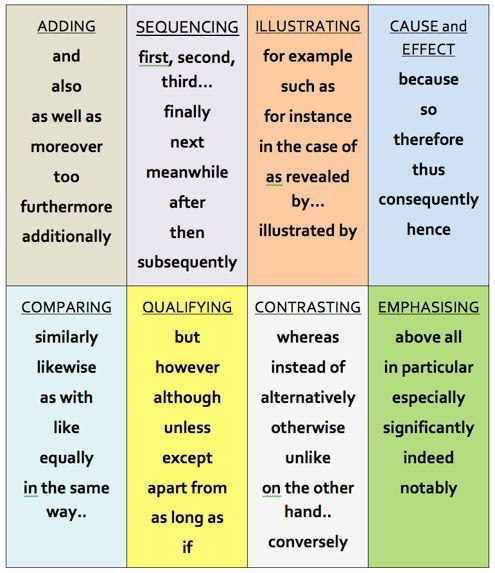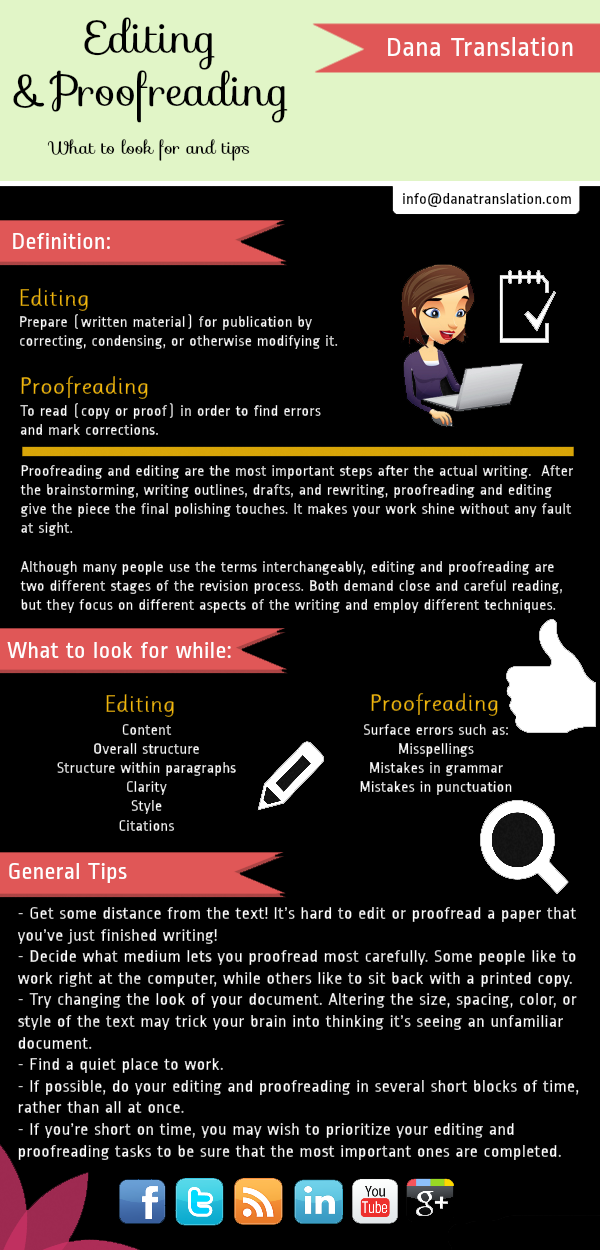Almost every student knows that feeling when a professor asks them to be more specific about the topic. You can be confident in your opinion, but it still stays unclear for the reader. The issue mostly affects people who use English as a second language. Those students form the statement in their mother tongue and only then translate it into English. It can cause misunderstandings due to different expressions intrinsic to one or another language.
This common problem creates the lack of effective communication between the writer and their audience and may screw up the overall impression of the research. Check out these easy tips that will help you be more precise in your academic articles and courseworks.
Use the 48-Hour Rule
Before you apply this rule to your academic writing, imagine the potential reader of your paper when composing it. This person is well-educated and intelligent enough to understand the complicated conceptions and theories, but he or she fails whenever stumbling upon the sentence with multiple meanings. Such passages should be paraphrased properly to avoid misinterpretation of your thoughts.
The 48-hour rule is the writing’s improvement technique when you distract from your completed work for the 48 hours (two days). It is enough to forget the phrases you have used but to remember well the meaning of the concept itself. Whereupon, sit and read your paper again. During this, reveal the possible misunderstandings and rewrite them. When everything sounds clear, stop the editing.
For instance:
“Developing economies of the world are dependent on the other ones. They are forced to learn from those countries’ experience”
Here, you can't affirm with certainty what was meant by "the other ones", "they" or "those countries". To make things more transparent, the statement should be paraphrased in the following way:
“Developing economies of the world (African, South Asian, etc.) is dependent on developed ones such as the USA and rich European countries. The first group is forced to learn from the second group of countries’ experience”
The other method to eliminate vague moments from your paper is to ask your university mate to jump around in the document and point on inaccuracies. It is important for the person to be competent in your area of expertise because the lion’s share of your audience consists of the people connected to similar scientific spheres or interested in them.
Structure Your Writing Carefully
A solid text or randomly scattered sentences including controversial thoughts do not add attractiveness to your academic article. You should write coherently not only inside the sentences but also in a more global sense. These four essentials will guide you:
1. Always complete the sentences properly
Non-native speakers can make mistakes in sentence’s building. The most common of them are:
- the omission of “to be” forms, prepositions, and articles;
- wrong use of endings or prefixes;
- use the unsuitable type of word in the particular context.
To mend this issue, check the word’s meaning before writing it down. There are some rules dedicated to words' creation in the English language. Learn them carefully, and the majority of the problems will go away. However, there are some exceptions which may seem strange but are important to remember.
2. Divide the text into the paragraphs
The typical essay usually consists of 5 paragraphs: an introduction, three paragraphs of the main body (each of them contains one argument) and a conclusion. The structure of theses or course works may be more complicated, but the idea is the same here: allocate a paragraph for each idea. Every new little piece of writing is a new aspect of your topic. Add the transition paragraphs between arguments if it is necessary.
3. Don’t forget about connecting words
The writing without connecting words seems too dry and static. They should be used for contrasting, comparing, sequencing, showing the effect, etc. in the essay or the other kind of research. It makes your paper more compelling and easy to read.

4. Check grammar and spelling
Use the online grammar checkers such as Grammarly.com or Onlinecorrection.com before delivering the assignment to your professor. Although they are not working correctly in all the cases, that is why you should revise the ambiguous moments by your own.
Using a Logical Progression of Ideas
Put your paragraphs in a logical order. Start with the idea statement, then explain it, reinforce it with evidence and in the end reveal your opinion and final conclusions. To make the perception easier, use transitions, signal phrases, and graphical illustrations. Every part of expression of the ideas should be completed, don't get distracted by the next thought before ending the first. Strictly adhere to the chosen structure until the end of your essay and avoid the phrases totally out of context.
Explain Concepts Your Audience Doesn’t Know
Even though your audience is smart and anyhow competent in the topic, be careful with using little-known concepts without an explanation. The object of your research may be specific enough to be unheard by some people who will read your paper.
Some experienced researchers invent their own concepts. If you are one of those, you can’t neglect the detailed description of what you mean.
In case if you don’t need to present a new idea, you may also notice that some sentences require further interpretation. They may sound too generalized or unfinished. Provide the details when you feel it make your text better and eliminate them where they sound confusingly.
So, what does all this mean? By following this simple instruction, you will incredibly upgrade your papers in short terms. Take into account a few aspects of academic writing and continue your rising to the top. Be sure that the number of questions like "What is it?", "What are you trying to say here?", "Did you write this or that?" and the similar will decrease soon.


